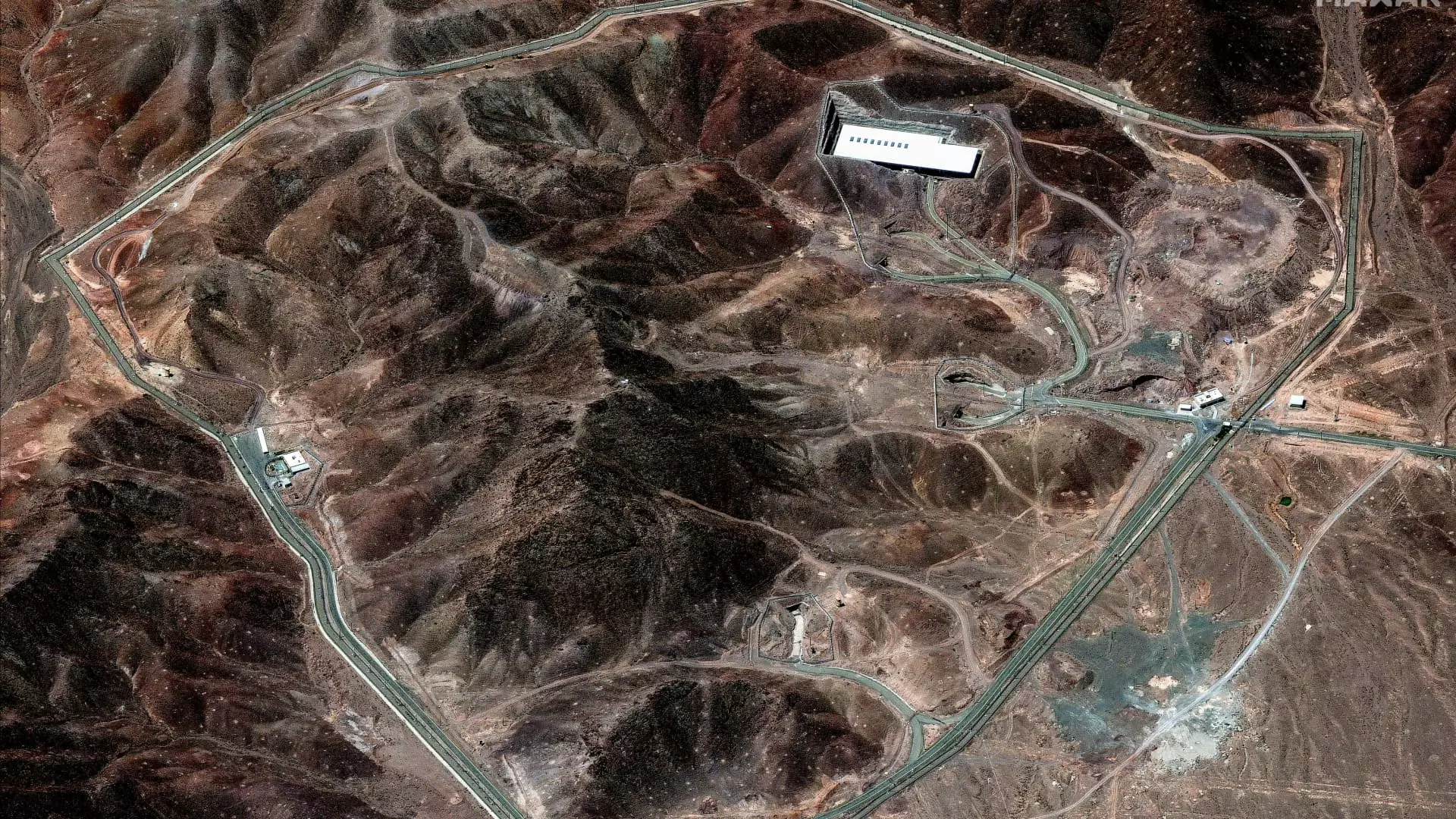The recent military operations against Iran’s nuclear facilities mark a significant escalation in geopolitical tensions, drawing attention to the wavering line between strategic deterrence and outright aggression. While the U.S. aims to curtail Iran’s nuclear ambitions, the reality is that such military interventions seldom yield straightforward victories. They are laden with unintended consequences, both immediate and long-term. President Trump’s emphatic declaration of “obliteration” highlights the divisive rhetoric that often accompanies military action, obscuring the complexities of the situation in favor of sensationalism.
In an age where information can shape narratives in real time, the portrayal of military strikes requires a critical lens. The Pentagon’s assessments and claims of “monumental damage” need thorough analysis rather than blind acceptance. Damage assessments—technical military jargon—should be normalized away from the emotional weight that terms like “obliteration” carry. The broader implications of these strikes could foster a cycle of retaliation, leading to further destabilization in an already volatile region.
The Illusion of Precision in Warfare
The Pentagon’s articulation of “precision munitions” and the awaited Battle Damage Assessment (BDA) raises skeptical eyebrows. While technological advancements have indeed allowed for more accurate strikes, the potential for collateral damage remains an undeniable reality. Civilian casualties, the loss of critical infrastructure, and the long-lasting social impacts of conflict all seep into the margins of official reports. It is imperative to question: Whose lives are being recalibrated in this supposed game of chess?
General Dan Caine’s cautious assessment regarding Iranian nuclear capabilities reveals the ongoing uncertainty that shadows military operations. Claims of “extreme damage and destruction” do not erase the fact that Iran’s nuclear program is intricately woven into its national identity and defense strategy. Without clear results confirming the cripplingly of Iran’s nuclear ambitions, these strikes may serve only to further entrench opposition and justify Iran’s determination to pursue weapons development.
Public Perception and Media Narratives
In a democratic society, public sentiment shapes policy, and current media portrayals often reflect a dichotomy of triumph versus tragedy. Social media platforms, like Truth Social, where Trump broadcasts his views, create echo chambers that elevate sensationalist claims over nuanced discourse. It is concerning that such platforms can easily manipulate perceptions and drown out the voices of dissent or critical analysis.
As the narratives surrounding military action unfold, they risk becoming oversimplified. The complex web of motives—ranging from national security interests to economic sanctions—tends to be diluted into catchphrases designed to engage the audience. This tendency overlooks the human consequences that accompany military strikes, reducing individuals to mere statistics in a broader narrative of power plays.
The Role of the International Community
Given the international ramifications of U.S. actions, it is crucial to consider the role of diplomatic engagement. The UN’s cautious response to recent developments exemplifies the need for multilateral dialogue as an alternative to military intervention. Just as Rafael Grossi emphasized the necessity of careful evaluation, the global community must advocate for transparency and negotiations over escalated military strikes. The consequences of unilateral actions can destabilize international norms and provoke retaliatory measures from other nations, undermining the very security that military operations aim to assert.
Ultimately, the situation with Iran represents a pressing lesson in the importance of responsibility within global leadership. As nations navigate the treacherous waters of diplomacy and conflict, it is vital to favor dialogue over destruction, remembering that true security arises not from obliteration but from cooperation.


Leave a Reply